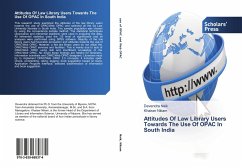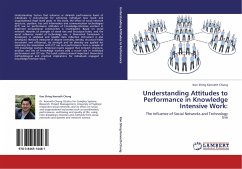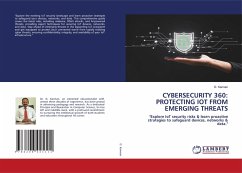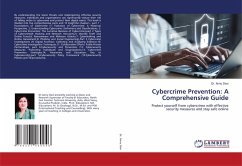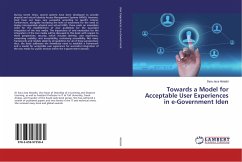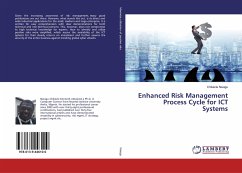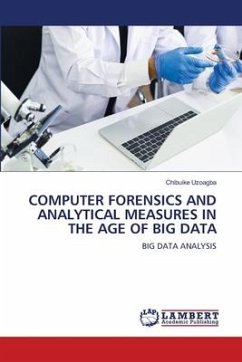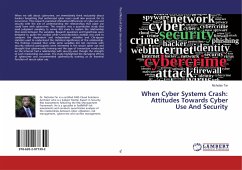
When Cyber Systems Crash: Attitudes Towards Cyber Use And Security
Versandkostenfrei!
Versandfertig in 6-10 Tagen
32,99 €
inkl. MwSt.

PAYBACK Punkte
16 °P sammeln!
When we talk about cybercrime, we immediately think exclusively about hackers forgetting that authorized cyber users could also account for its occurrence. This research examined attitudinal differences of cyber use and security with the aim of understanding the relationships that cyber use could have with cybercrime. The research was a quantitative study that used judgment sampling to survey 433 cases to explain the relationship that exists between the variables. Research questions and hypothesis were designed to guide the analysis while Cross-tabulation analysis was used to compare the depen...
When we talk about cybercrime, we immediately think exclusively about hackers forgetting that authorized cyber users could also account for its occurrence. This research examined attitudinal differences of cyber use and security with the aim of understanding the relationships that cyber use could have with cybercrime. The research was a quantitative study that used judgment sampling to survey 433 cases to explain the relationship that exists between the variables. Research questions and hypothesis were designed to guide the analysis while Cross-tabulation analysis was used to compare the dependent and independent variables and Chi-square statistics used to understand the statistical significance of the relationship. The findings revealed that while some variables did not correlate with security research participants were interested in the secure cyber use and thought that cybersecurity training and the type of transaction conducted on the Internet had a relationship with securityeven though the strength of each relationship was weak. The study highlighted the damaging effects of cybercrime and recommended cybersecurity training as an essential function of secure cyber use.




